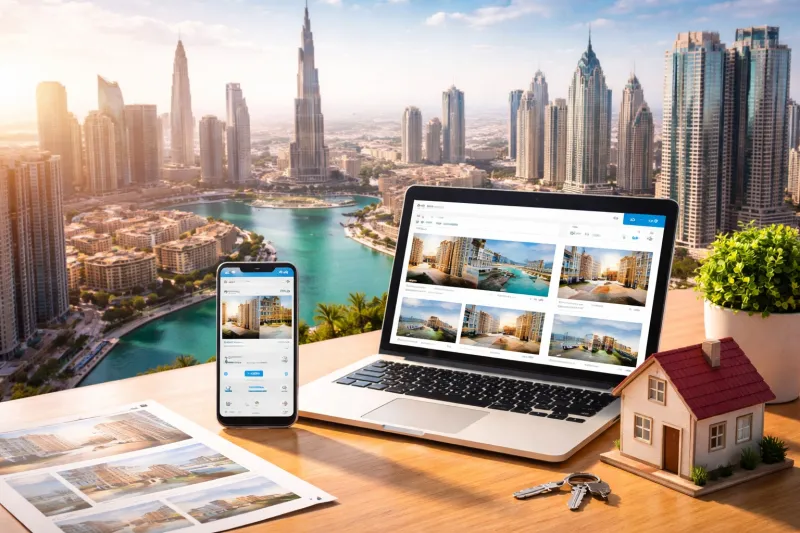
What’s Needed for Mortgage Pre-Approval in the UAE?
Obtaining a mortgage pre-approval in the UAE is a crucial first step for prospective home buyers looking to understand their borrowing capacity and streamline the property purchase process. This article explores the essential requirements and documents needed to secure a mortgage pre-approval from UAE lenders, helping you prepare efficiently for your property investment journey.
- Proof of identity and residency
- Employment details and salary proof
- Bank statements and financial records
- Credit history and score
- Details about the property to be purchased
- Down payment and initial deposit confirmation
- Mortgage application form and fees
- Additional documents for special cases
- Conclusie
Proof of identity and residency
One of the primary requirements for mortgage pre-approval in the UAE is providing valid proof of identity and residency. Typically, this includes a passport copy and a valid residency visa. These documents verify your legal residency status and identity, which are essential for any financial transaction within the country.
Employment details and salary proof
Lenders require comprehensive employment information to assess your financial stability. You will need to furnish an employment letter confirming your position, tenure, and salary, alongside recent salary certificates or pay slips. Self-employed individuals must provide audited financial statements or proof of business ownership.
Bank statements and financial records
Recent bank statements, usually covering the last 3 to 6 months, are requested to verify your income flow and spending habits. Lenders examine these statements to understand your financial behavior and ensure you have sufficient funds to meet mortgage repayments.
Credit history and score
A solid credit history is critical for mortgage pre-approval. Banks access credit reports through the UAE Central Bank’s Credit Bureau to assess your creditworthiness. A good credit score increases your chances of approval and may influence the offered interest rates.
Details about the property to be purchased
Some banks require initial information about the property you intend to buy, such as the location, price, and developer details. This helps them calculate loan-to-value ratios and assess the property's eligibility for financing.
Down payment and initial deposit confirmation
You will need to demonstrate that you have sufficient funds for the down payment, which typically ranges between 20% and 25% for expats. Confirmation of this amount, often via bank statements or transfer receipts, reassures lenders of your commitment and financial preparedness.
Mortgage application form and fees
Completing the bank’s mortgage application form accurately is essential. Alongside this, you may need to pay an application or processing fee as part of the pre-approval procedure. These administrative steps kickstart the formal evaluation process by the bank.
Additional documents for special cases
Depending on your individual situation, additional documentation may be required. For example, if you are self-employed, further financial documents might be necessary. Non-resident buyers or first-time mortgage applicants may also face extra requirements tailored to their profiles.
Conclusie
Securing mortgage pre-approval in the UAE involves assembling a comprehensive set of documents to demonstrate your identity, income, creditworthiness, and financial readiness. By preparing these items in advance, prospective buyers can navigate the mortgage process more smoothly and improve their chances of receiving favorable loan terms.
Real Estate Market Researcher in the UAE and Middle East















































